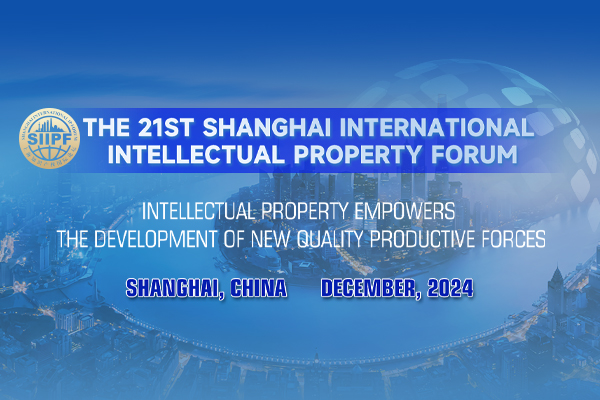New rules to better protect IPR, fight monopolies
In order to uphold the rule of law, China's top court will speed up the drafting of new judicial interpretations on the handling of antimonopoly civil disputes to further maintain a fair market environment for competition.
He Zhonglin, first deputy chief judge of the Intellectual Property Court with the Supreme People's Court, the country's top court, released the plan on Friday when introducing a guideline for strengthening IPR protection and the building of a major IPR nation in the new era by providing stronger legal services and support.
"We will specify adjudication rules and promote judicial interpretations in line with the process of revising the Antimonopoly Law," said He.
To counter monopolies and unfair competition in a timely and more effective manner, he said they will improve the efficiency of relevant case hearings as well as give out harsher punishments to monopolists and IPR infringers.
"We'll also raise the cost of illegal activities and improve the effectiveness of judicial relief, especially enhancing legal compensation, to ensure victims' losses can be adequately covered," the judge added.
Monopolistic behavior and unfair competition cases involving internet platforms will be a major target for Chinese courts to address in a bid to guarantee people's interests and maintain long-term development of industry, said He.
The judge said some competition and monopoly disputes, such as those in the areas of digital economy, platform economy, big data and artificial intelligence, are professional and complicated, bringing new problems and challenges in case hearings.
Therefore, he called for more research and studies to improve judicial capacity-building in this regard, pledging to build a unified, open and high-standard market with orderly competition, complete systems and sound governance.
Since the 18th National Congress of the Communist Party of China in 2012, the central leadership has attached greater importance to IPR, putting it as a top priority in the country's economic and social development, with higher requirements for IPR protections and applications.
In September, the CPC Central Committee and the State Council, China's Cabinet, jointly issued a document that lays out a guideline and a number of tasks to protect IPR and develop related industries over the next 15 years.
"We hope the document can help judges better adjudicate IPR-related cases and respond to public concerns in the new era," said Lin Guanghai, chief judge of the top court's No 3 Civil Division.
The guideline not only clarifies stronger IPR protection in nine aspects, including those related to technological innovation, monopolies, fair competition, trade secrets, copyrights and business logos, but also requires courts to make their teams in handling IPR cases more professional, he said.
So far, four courts-in Beijing, Shanghai, and the provinces of Guangdong and Hainan-have been established for specializing in IPR disputes.
In 2019, a national-level intellectual property court, as a division of the top court, was established in Beijing to mainly handle civil and administrative appeals related to patents. Its establishment also aims to streamline the appeal process by allowing litigants to bypass provincial courts and appeal to it directly.


 The 21st Shanghai International Intellectual Property Forum
The 21st Shanghai International Intellectual Property Forum


 WeChat
WeChat Weibo
Weibo